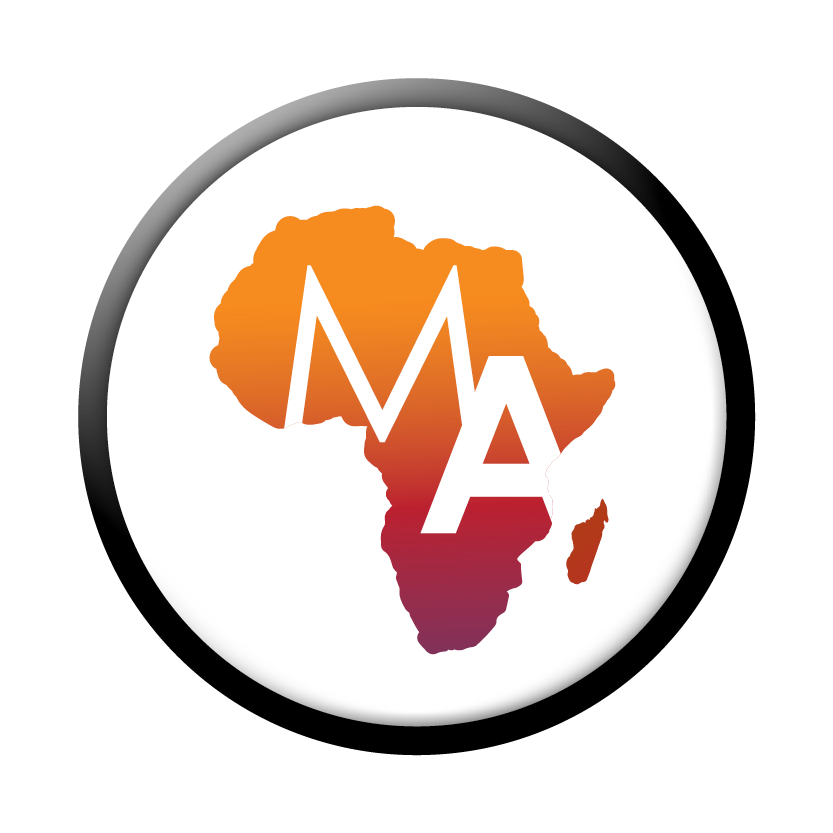Original Story Published by: Melissa Cook, Brink News
Photo Source: Derrick Ceyrac/AFP/GettyImages
(Above) From a market on Lagos Island, Nigeria, the skyline of the city of Lagos is visible. Among many companies, there is a great deal of nervousness around investing in Nigeria.
Nigeria has overtaken South Africa as Africa’s largest economy. And with over 200 million people, it is the largest market in the continent, its population nearly twice the size of Ethiopia (110 million) or Egypt (102 million).
Yet among many companies, there is a great deal of nervousness around investing in Nigeria. One business development officer of a large company told me recently: “We’re not in Nigeria; one of our guys heard you can’t go there.”
This kind of second hand hearsay is a risky way to make proper business decisions. When firms make what we refer to as accidental decisions—those based on media reports or anecdotal evidence—it is hard to effectively quantify and manage risks.
“Investment by the United States in Nigeria is Growing.”
Nigeria is definitely a challenging place to operate. But ultimately, the nation is too important to ignore.
Foreign direct investment stock from the United States into Nigeria was $5.8 billion in 2017, up 32.8 percent since 2016, according to the U.S. Trade Representative. However, a significant chunk of U.S. FDI in Nigeria and the continent goes into the resources sector.
The Commercial and Investment Dialogue with the Nigerian government, originally recommended by President Obama’s President’s Advisory Council on Doing Business in Africa, is now in full force, and earlier this year, the U.S. Commercial Service hosted the USA Trade Fair in Lagos, Nigeria—attended by more than 4,000 delegates. Many of America’s biggest firms were out in force, as were smaller names in the agribusiness, aviation, consumer, energy, industrials, and security sectors.
To read the full article, visit http://www.brinknews.com.









